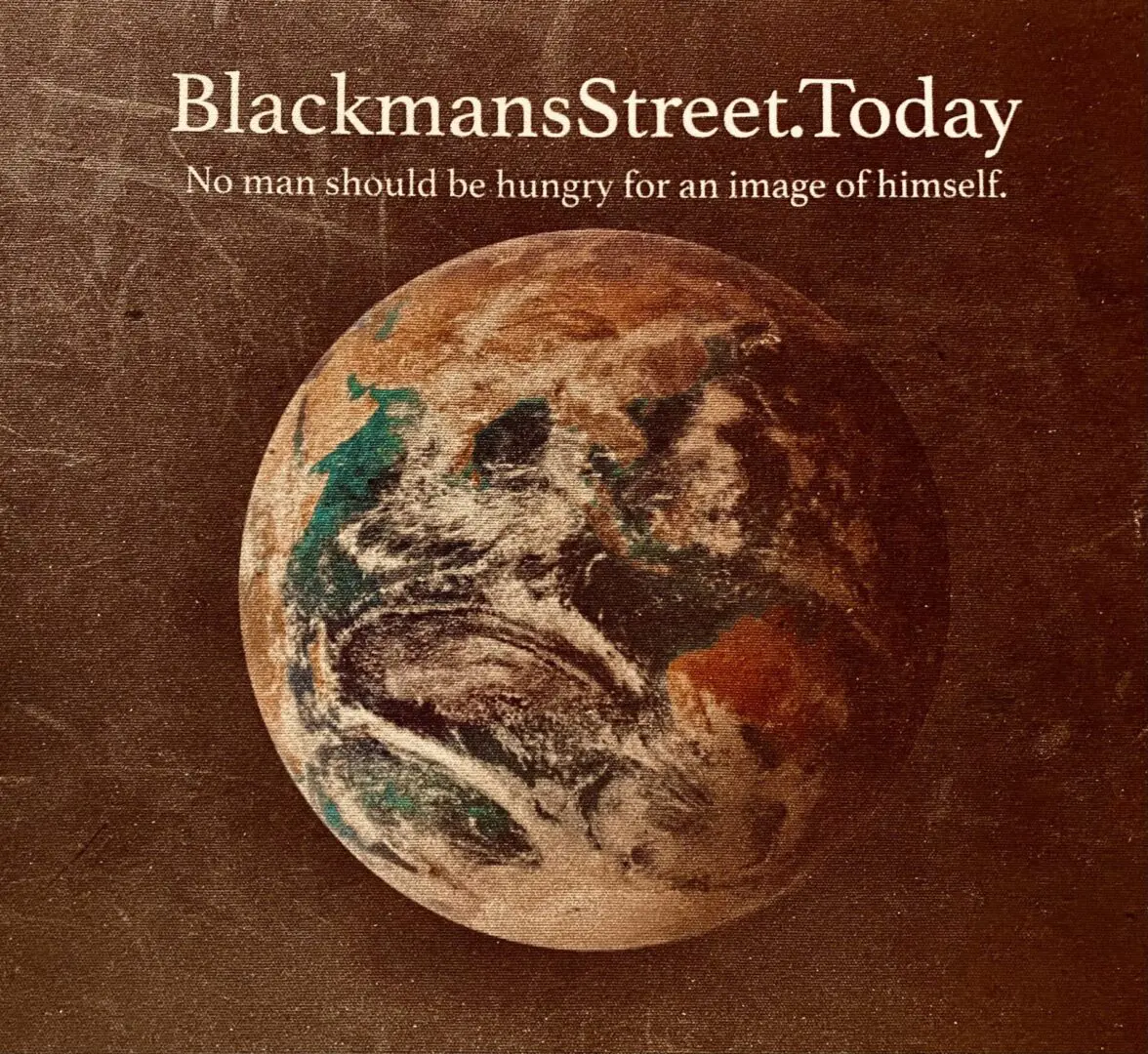Untreated syphilis among Black men is now a digitized record
Untreated syphilis in Black men from a 1932 study by the U. S. Health Service is now available as a digitized collection through the National Library of Medicine.
The study found the effects of untreated syphilis on Black men in Alabama. Many of the men, who were sharecroppers, lined up to participate because they thought they would get paid. It is not clear how much they received.
The research is known as the Tuskegee Study of “Untreated Syphilis in the Negro Male.”
Researchers conducting the study did not obtain informed consent from participants and did not offer treatment, even after it was widely available.
The study was conducted between 1932 and 1972. It was financed by the Milbank Memorial Fund, a wealthy charity. “It was wrong. We are ashamed of our role. We are deeply sorry,” said the president of the fund, Christopher F. Koller.
Some 28 Black men passed away from syphilis, 100 or more died from syphilis-related complications, and 40 more spouses and 19 children also died.
By 1943, penicillin was the treatment of choice for syphilis, but study participants were not offered it.
Federal officials paid $10 million in an out-of-court settlement.
The study consists of more than 3,000 reproduced copies of correspondence, memoranda, meetings, and minutes.
It was made possible through permission from Fisk University, Nashville, a historically Black university, which holds some original documents at the John Hope and Aurelia E. Franklin Library, Special Collections, Julius Rosenwald Fund Archives.
